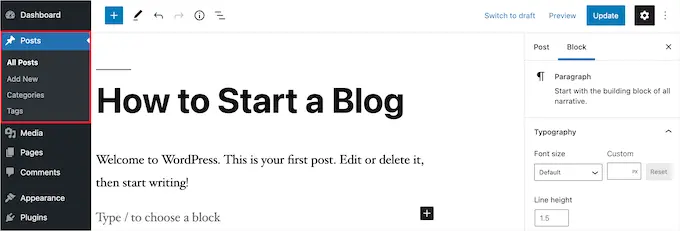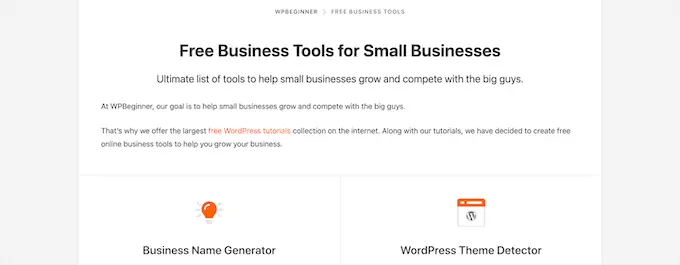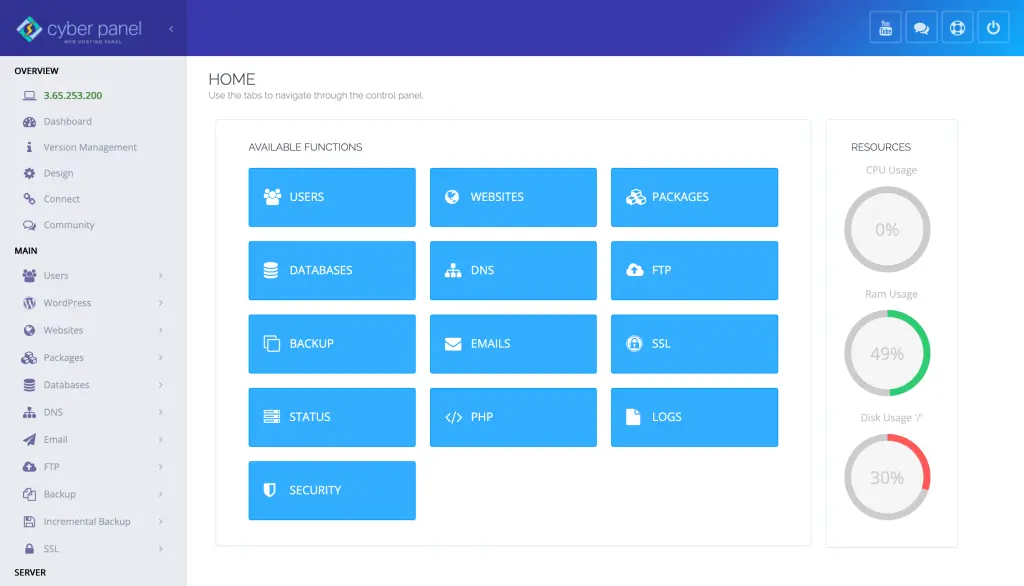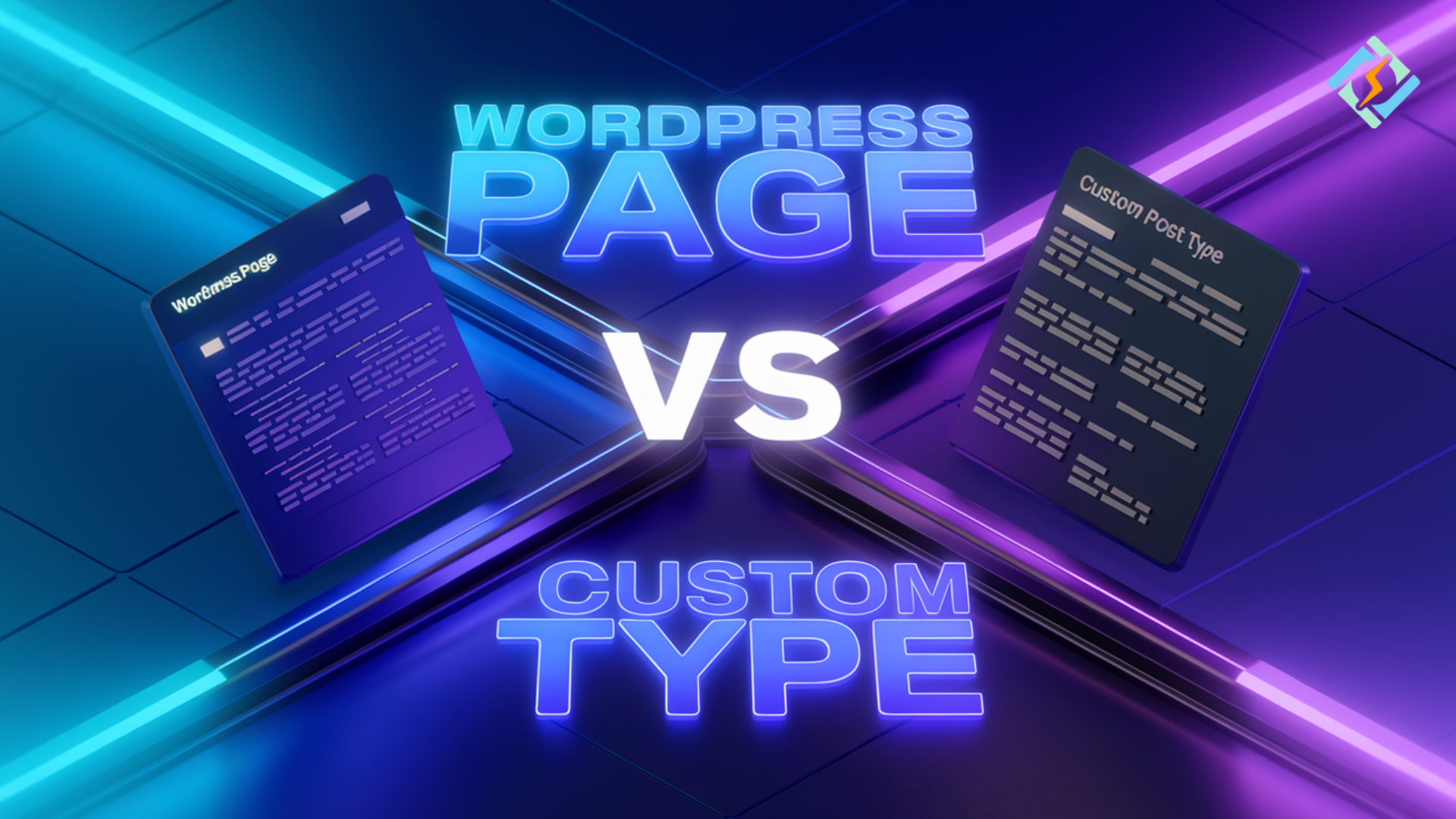Information architecture is an essential component of web building using WordPress. One common challenge troubleshooting from the website’s owner’s perspective is when to use WordPress page vs custom post type. This choice will affect your site structure and navigation greatly and affect your search engine ranking significantly as well. Here is how to know whether to create a standard page or create a custom post type.
WordPress Page vs Custom Post Type: All You Need To Know
Now, before we delve into how they differ, let’s establish what these elements are:
WordPress Pages: Static content types for permanent parts of a website, such as “About Us,” “Contact,” or ‘Services’.They are not chronologically ordered and are hierarchical.
Custom Post Types (CPTs): These are content types that fall outside the default posts and page categories, providing a way to organize and display specialized content such as portfolios, testimonials, events, or products in a systematic manner. Unlike regular posts, custom post types can have their own set of unique features as well as custom taxonomies for improved organization.
Post vs Page vs Custom Post Type in WordPress: The Differences
In order to learn when to use a WordPress page vs custom post type you have to compare it with WordPress posts. Here’s a breakdown for WordPress page vs post vs custom post type:
| Feature | WordPress Page | WordPress Post | Custom Post Type |
| Purpose | Static content | Dynamic, time-based content | Specialized content like products, portfolios |
| Categories/Tags | No | Yes | Custom taxonomies available |
| Archives | No | Yes | Optional, based on setup |
| Hierarchical? | Yes | No | Can be structured |
| Usage | About, Contact | Blogs, News | Portfolios, Products, Testimonials |
Difference between Pages and Posts in WordPress — When to Use Which?
It is important to teach the difference between WordPress pages vs posts in order to structure your website up in the correct way:
Get exclusive access to all things tech-savvy, and be the first to receive
the latest updates directly in your inbox.
- WordPress pages are for static, evergreen, timeless content that doesn’t need updating or categorizing regularly. For example, “About Us,” “Privacy Policy,” and Services.
- Utilize posts when publishing time sensitive content such as articles, news, or a blog. These are listed in reverse chronological order and organized by tags and categories.
- WordPress Custom Post Types — a customized content publication in a structured manner (for example, real-estate listings, specifications of the products, recipes, etc.) This is especially beneficial for businesses requiring more than standard posts and pages.

What Are Pages Vs Posts in WordPress?

The difference between a WordPress page and a post is key to organizing your website properly:
Page: A type of content that is permanent, evergreen, and doesn’t need constant updating or categorization.

Use custom post types when you need a way to add your specialized content, like real estate listings, recipes, or case studies, in an organized manner. And for some larger businesses that require Content Types other than the standard posts and pages.
Which is Better for SEO: WordPress Page vs Custom Post Type
From the perspective of SEO, the difference between WordPress page vs custom post type comes down to how you structure your content:
- Custom Post Types with custom taxonomies also increase content discoverability, improving site navigation and relevance. This provides improved user engagement and better ranking in search engines.
- WordPress Pages are great for content that forms the backbone of your website, and they are usually linked in the top navigation, increasing both on-page authority and internal linking.
Which brings us to our next point: Posts are the greatest source of engagement and organic reach. Updating your blog posts is beneficial on its own, and this latter one will eventually be better for SEO performance as well.
What is the Difference Between Post Reach and Page Reach?
Pages allow you to create structured, permanent content, while posts can generate a lot of reach with regular updates and sharing on social networks. Audience engagement and effective optimization will make a difference with post reach vs page reach:
- Usually, blog posts get shared more often, so they have a higher reach, and blog posts tend to rank better for trending keywords.
- Pages’ reach is steady, as pages include fundamental website data, but they don’t take advantage of frequent updates and new content indexing.
- Assuming your aim is to draw people in via search and social media, any posts that are up-to-date with relevant keywords and/or have internal links will be more visible.
How does CyberPanel fit into the equation of WordPress Page vs Custom Post Type

CyberPanel is your web hosting control panel, the hub of your WordPress site, so understanding how it works is key whether using WordPress pages vs custom post types. It simplifies tasks such as:
- One-Click WordPress Install: A powerful intuitive WordPress management tool with all pages and custom post types.
- Performance Optimization: CyberPanel has LiteSpeed Web Server out-of-the-box which enhances your site speed and reduce page load time thus giving your users great experience when browsing content-heavy sites.
- Labels and Metas: Assign labels and metas to custom post types for optimal display and organization.
- Security Features: If you are looking for extra security on your WordPress pages vs custom post types, then you will find built-in SSL management and firewall settings.
- Database Management: CyberPanel is a web host solution that takes care of the database that stores your WordPress website database effectively, which will help to enable a fast query of the database and content delivery with the support of the LiteSpeed web server.
To put it in a nutshell, CyberPanel is your one-stop shop for moderate managing of WordPress pages and custom post types.
FAQs: WordPress Page vs Custom Post Type
1. Difference between “WordPress Page vs Custom Post Type”.
WordPress Pages are considered static content resources that you will use for important, evergreen parts of the website, such as “About Us”, “Contact”, or “Privacy Policy”.

Custom Post Types (CPTs) are used to create specialized content types that expand beyond the default post and page functionality, like portfolios, product listings, and reviews.
2. Is it possible to create custom post types in WordPress?
Yes, WordPress allows you to create custom post types, which can be done through plugins such as Custom Post Type UI, or custom coding. This lets you customize the structure of your content to your needs (real estate listings, events, etc.).
3. Why utilize a custom post type over WordPress Pages?
Custom post types allow for a more tailored structure and management of specific types of content, ideal for larger sites or sites that have unique content formats (think online store, portfolio, etc).
4. Which is better for SEO: WordPress Pages vs Custom Post Types?
WordPress Pages & Custom Post Types Can Be SEO-Optimized Pages are suitable for basic building blocks and a website’s authority and CPTs assist in the content organization to aid discoverability and support internal linking. It varies, however, depending on the content and its arrangement.
5. Can I show custom post types exactly like normal posts or pages?
You can also show custom post types just like you do for regular pages or posts, although you might need to create a custom template or modify the theme to achieve the appearance you desire.
6. How do custom post types contribute the content-heavy websites?
If there’s one thing you need for this content-heavy website (most likely a blog, portfolio or online store), it’s custom post types — they’ll make your life a whole lot easier. They keep large amounts of highly technical content organized without losing the user’s way.
Finalizing!
WordPress Page vs Custom Post Type: Which One is Best for Your Site
Deciding whether to use a WordPress page or a custom post type can significantly impact your site’s organization, SEO, and user experience. Whether you’re creating a blog, portfolio, or eCommerce site, knowing the difference in Page Types will help you structure your content correctly.
Ready to level up and start optimizing your site today? Choose the right content type now so that you can unlock the full potential of your website!



